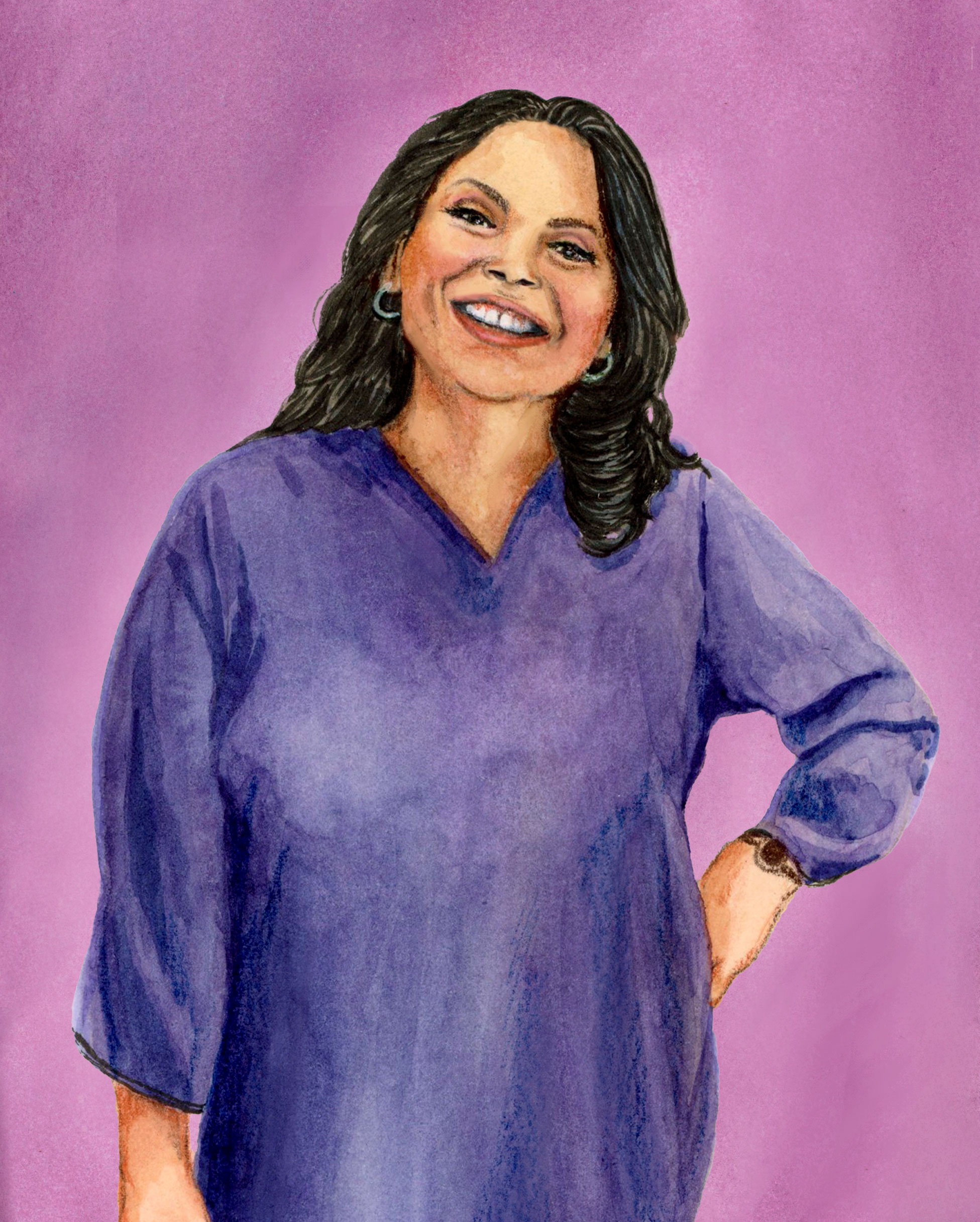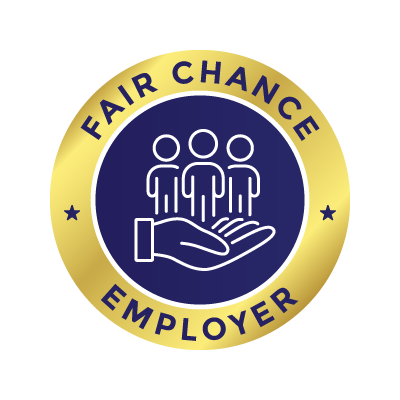Virginia Mireles was born and raised in Tucson, Arizona, and grew up in a close-knit family that faced many struggles. When her older brother was tragically killed in a gang attack, Virginia was already deep in addiction and unable to process his death or support her grieving family. Her struggles with substance use and repeated run-ins with the law kept her trapped in a cycle she couldn’t escape.
But one pivotal moment changed everything. After being sentenced to six and a half years in prison for stealing $27, Virginia realized she had to make a choice: continue down the same path or build a better future. With determination, faith, and the right support, she transformed her life. Today, Virginia is thriving, mentoring others, and proving that second chances are possible.
About Virginia
Virginia grew up in Tucson, Arizona, in a loving but struggling household. She was the second of four children, and her mother worked tirelessly to provide for the family as a single parent. Despite her mother’s strength, life was difficult.
From a young age, Virginia faced instability. At 14, she ran away from home, searching for an escape from her struggles. She lived on the streets, surviving however she could. By 16, she was arrested for vagrancy, which led to her being placed in a juvenile treatment program. But once she turned 18 and was released from any legal obligations, she returned to her old lifestyle.
Her cycle of addiction and incarceration continued for years. She attempted treatment multiple times, even completing seven different residential programs, but nothing seemed to stick. "I knew what I needed to do," she recalls, "but I just couldn’t make it happen."
Then, in 2000, tragedy struck—her older brother was murdered in a gang initiation. The loss devastated her family, especially her mother. But Virginia, deep in her addiction, was unable to fully process her grief or support her loved ones. Her struggles only worsened, and on the day of her brother’s wake, she was arrested again. This moment was just another point in the painful cycle that had consumed much of her life.
The Turning Point
In 2013, Virginia’s life took a dramatic turn when she was arrested for stealing $27 from a neighbor’s counter. The amount of money was small and Virginia did not expect to receive a harsh punishment. But this time, her long history with the justice system, combined with her stealing money from a person’s home, led to severe consequences. It was enough under the law to classify her as a “dangerous offender,” a designation justifying a six and a half year prison sentence. Virginia remembers sitting in the courtroom, feeling stunned.
At first, Virginia was angry and bitter. Another woman in the courtroom was convicted of vehicular manslaughter, and received a less harsh sentence. It seemed unfair. These feelings continued for a while, until one day, she had a realization that changed her perspective: It wasn’t about the money—it was about the choice. The choice was wrong, and the money was not hers to take. Virginia explained that this simple but profound understanding made her reflect on her actions and the choices that had led her there.
Instead of staying bitter, Virginia made a decision—this would be the last time she was incarcerated. She began to focus on personal growth, faith, and building a future beyond prison walls. This moment of clarity was the beginning of her transformation.

Transformation
This time while in prison, Virginia found hope. She got a job with Televerde, a company that helps incarcerated people learn business skills. She had never had a real job before, but she quickly became good at sales and marketing. After just one year, she was promoted to trainer, teaching teams around the world. She finally saw her own potential.
When she was released in 2018, Virginia had a job waiting for her at Televerde’s office. She was nervous but determined. "I had a plan this time," she said. Unlike before, she had support, a purpose, a routine, and confidence. Finding a home was easier because she was honest with landlords. "I found that being upfront helped. My landlord didn’t care about my past—only that I could pay rent."
Virginia didn’t stop there. She worked hard, saved money, and went back to school. She earned her associates degree and is now studying for a bachelor’s degree in training and development. She also got her voting rights back. "I just voted in my first election! It felt amazing."
Giving Back and Virginia’s Future Goals
Today, Virginia is thriving. She mentors others and helps people with records find jobs. "People think [formerly incarcerated people] can only flip burgers. But we have skills, and we deserve a second chance."
Virginia’s dreams are big. She wants to be the Director of Training at Televerde and aspires to eventually take on an executive leadership role. More than anything, she is proud of how far she has come. "I take care of myself now. I’ve healed a lot. I still have more to do, but I’m on the right path."
Virginia Mireles’ story proves that change is possible. Through faith, hard work, and support, Virginia turned her life around. "I am so grateful for this life," she says.
What are you waiting for?
It’s time to leave the past behind. Use our tool to quickly check if you have records that are eligible for expungement today!
Find out if you’re eligible in under 3 minutes.
This story is part of our #1in3 campaign, a project to end the stigma and raise awareness of how common it is to have a criminal record.
1 in 3 Americans has a criminal record, which is a lot more common than people think. No one expects to be involved in the justice system, but it can happen to anyone. People of all ages, backgrounds, genders, and income-levels are involved in the justice system. Their pathways vary, but the barriers of a record affect them all. Our hope is that by sharing their portraits and telling their stories, we can change the way people think about people with records and appreciate them for all they have overcome.




